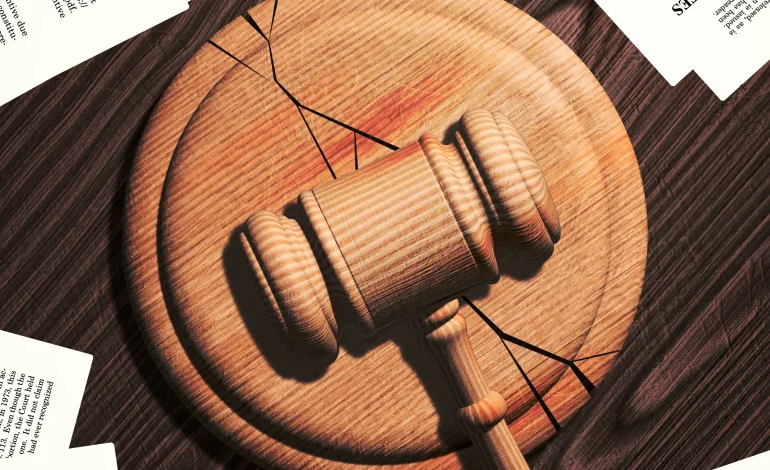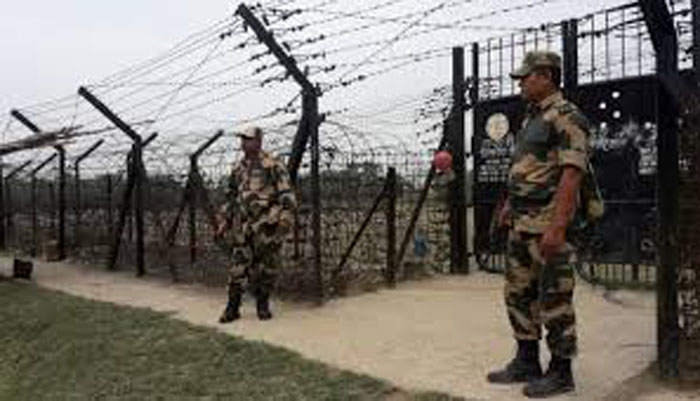
Supreme Court Reverses Previous Ruling on Article 63-A, Critiques Threat to Democratic Accountability
In a landmark decision, the Supreme Court of Pakistan, under the leadership of Chief Justice Qazi Faez Isa, has criticized its earlier interpretation of Article 63-A of the Constitution. The judgment, delivered in a 23-page detailed report, warned that the previous ruling could pave the way for political party leaders to become dictators, immune to any challenge.
Concerns About Democratic Integrity
Chief Justice Isa stated that the earlier ruling posed a direct threat to democratic principles. The previous judgment had suggested that once Prime Ministers and Chief Ministers are elected, they could remain in power indefinitely, without being held accountable by their own party or by the majority members of the assembly. He asserted, “Nothing could be more undemocratic. The judgment has opened the door for a political leader to act like a dictator, as they can never be challenged.”
Violation of Constitutional Provisions
The court noted that the earlier majority ruling contradicted several key constitutional provisions. These included:
- Article 91(7): The requirement for a Prime Minister to obtain a vote of confidence from the National Assembly.
- Article 95: The process of submitting a vote of no-confidence.
- Article 130(7): The need for a Chief Minister to secure a vote of confidence from the Provincial Assembly.
- Article 136: The requirement for voting on a resolution of no-confidence against a Chief Minister.
The court observed that these provisions had effectively been rendered redundant by the earlier ruling, undermining the balance of power and accountability mechanisms in the government.
Legal vs. Moral Reasoning
Chief Justice Isa criticized the earlier ruling for relying on personal beliefs and moral judgments rather than constitutional law. He emphasized that judges must focus on what is lawful or unlawful according to the Constitution, rather than what they perceive as right or wrong. The judgment had used non-legal terms like “healthy,” “vice,” and “cancer,” which reflected moral rather than legal reasoning.
Contempt for Parliamentarians
The court condemned the majority judgment for displaying contempt towards politicians and parliamentarians. The judgment had claimed that, in Pakistan’s history, only one parliamentarian had come close to defecting under Article 63-A. Chief Justice Isa lamented this attitude, reminding the court that Pakistan was founded by politicians who followed constitutional procedures, including leaders like Quaid-e-Azam Muhammad Ali Jinnah.
Court’s Final Decision
In its ruling, the Supreme Court overturned the previous majority judgment and upheld the conclusions of the minority judges. The court affirmed that the Constitution’s language and mandate must be respected, especially in matters of defection and disqualification. Chief Justice Isa noted that ceasing to be a member, as per Article 63-A, does not equate to disqualification, as was misinterpreted in the earlier judgment.
Background of the Reference
The reference that sparked this debate was filed by President Dr. Arif Alvi on March 21, 2024, seeking the court’s opinion on disqualifying members who voted contrary to their party’s direction. The court rejected this idea, stating that lifelong disqualification was not prescribed by the Constitution.
The Importance of Constitutional Interpretation
The court reiterated that the Parliament is responsible for making laws, and judges must interpret them according to well-established rules. Personal biases or moral judgments should not influence legal decisions. The court also criticized the short order from May 2022, which invalidated Hamza Shahbaz’s election as Chief Minister of Punjab, highlighting the violation of fundamental rights such as the right to a fair trial and due process.
Conclusion
In conclusion, the Supreme Court ruled that the majority’s earlier judgment was contrary to the clear language of the Constitution and should be overturned. The ruling reinforced the importance of adhering to constitutional principles and upholding democratic values in Pakistan’s governance.





